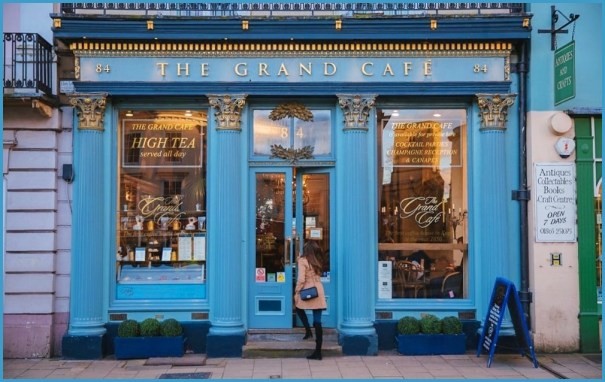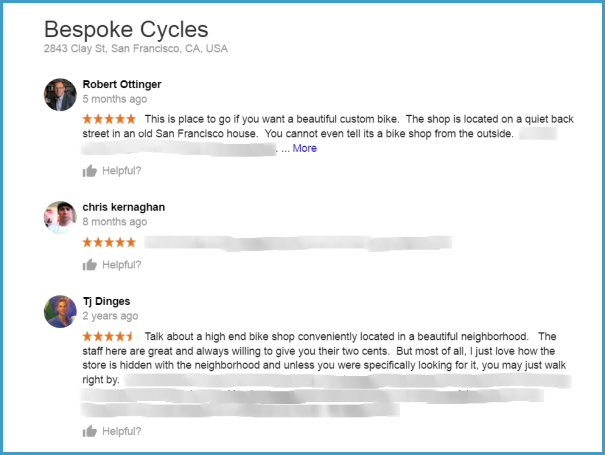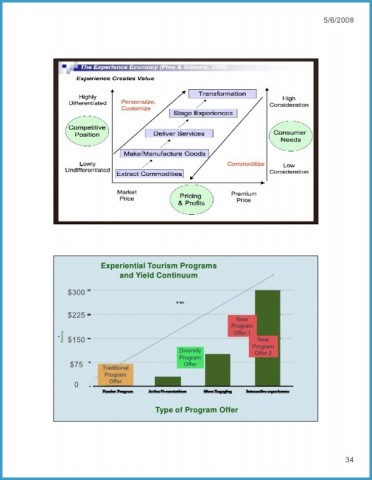Many people are drawn to unique experiences when they travel. Such experiences range from performing with a renowned symphony orchestra to training with the Rockettes, from racing schools to sports training camps, from shark diving to space flights, and more.
“The whole consumer market is going more experiential. These people who can afford all this stuff have recognized that stuff doesn’t give you pleasure. The majority of luxury consumers say their greatest pleasure and satisfaction from their wealth comes from their experiences.”
Pam Danziger, President Unity Marketing Travel Market Report
People have a greater tendency to try new experiences when they travel than when at home. According Prof. Ruth Engs, Ph.D. at Indiana University, the reason is that the experience combined with the excitement of travel creates a dopamine-induced high. Thus, the excitement of experiences often peaks when consumers travel.
EXPERIENTIAL TOURISM USA Photo Gallery
According to Prof. Ryan Howell, Ph.D. in the Happiness Research Laboratory at San Francisco State University, such experiences lead to longer-term satisfaction than shopping for merchandise. “Experiences provide memory capital,” according to Prof. Howell. “You can still recall pleasant events today that happened in your life 10 or 20 years ago. We don’t tend to get bored of happy memories like we do with a material object.”
In a study published in 2012 in the Journal of Personality and Social Psychology, Prof. Steven N. Handel, Ph.D. a psychologist at Rutgers University, found people aren’t
as likely to get buyer’s remorse when they buy experiences as they are when they spend an equivalent amount on merchandise.
“Buying experiences leads to more happiness than buying stuff. The reason for this is that when we buy objects they are easily interchangeable with other objects. We get an initial boost in mood when we first buy them, but it quickly dies off. Experiences, on the other hand, aren’t as easily interchangeable. When we focus on buying experiences that we can never replace, we build memories and good feelings that stay with us for a lifetime.”
Prof. Steven N. Handel, Ph.D.
Rutgers University




























